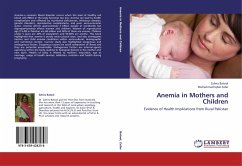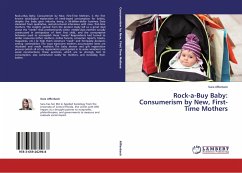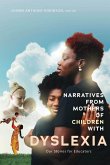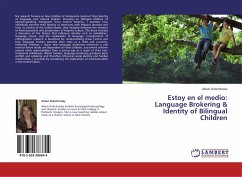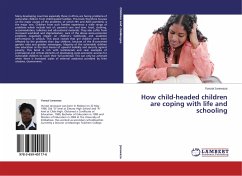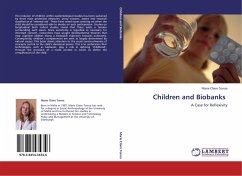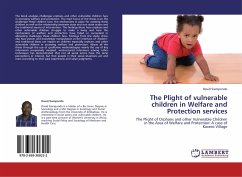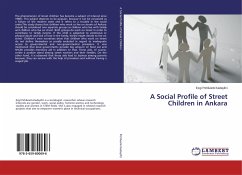Anemia a common blood disorder occurs when the level of healthy red blood cells (RBCs) in the body becomes too low. Anemia can lead to health complications and affected by nutritional deficiencies, infectious diseases, genetic disorders, reproductive complications, and poor socio-economic status. Anemia affects approximately 2 billion people at worldwide but disproportionately affects women and children. Women of reproductive age (15-49) in Pakistan are 68 million and 60% of them are anemic. Children under 5 years are 20% of population and 50-60% are anemic. This book highlighted that anemia is purely socio-cultural issue, and also investigates mother and child anemia conditions within socio-cultural, demographic and nutritional context. Current study also highlighted exogenous and endogenous factors. Exogenous causes are social component of illness and they are potential preventable. Endogenous factors are internal agents operating within the body, leading to biological defects in the mother and new born. Health of baby is related to mothers' education, age at marriage, usage of health services, addiction, nutrition and health during pregnancy.
Bitte wählen Sie Ihr Anliegen aus.
Rechnungen
Retourenschein anfordern
Bestellstatus
Storno

